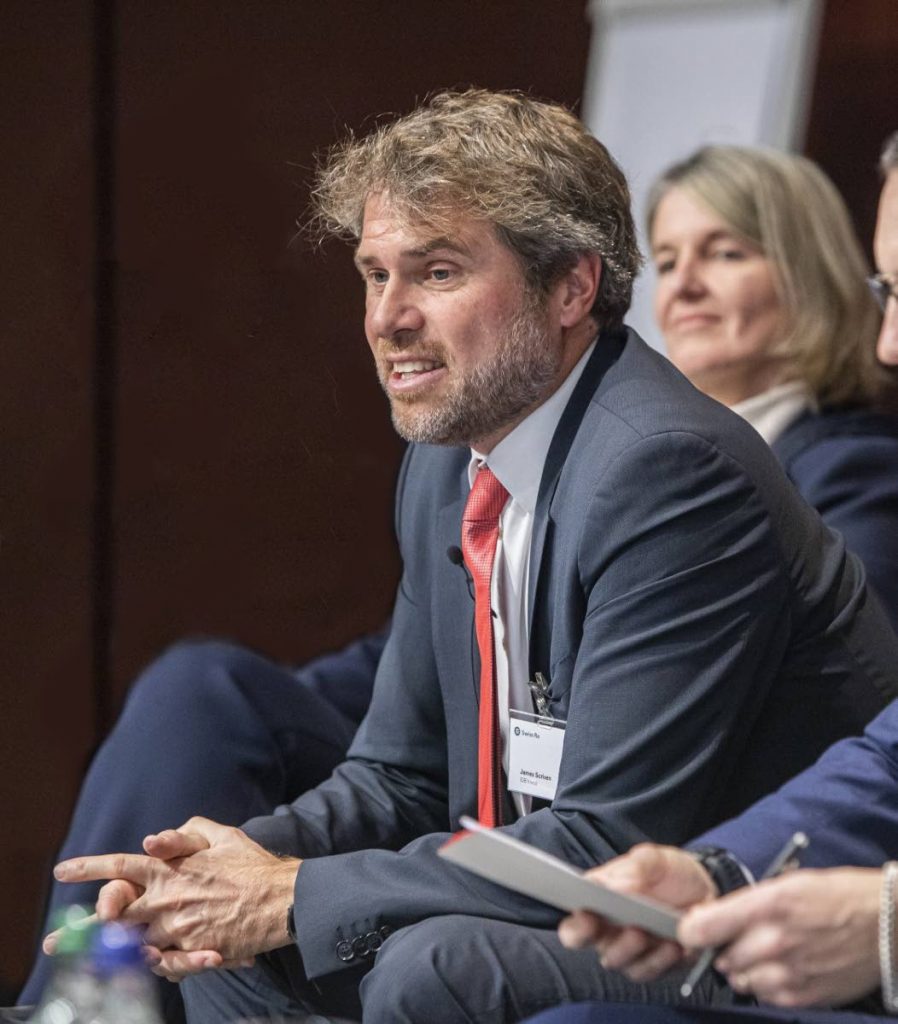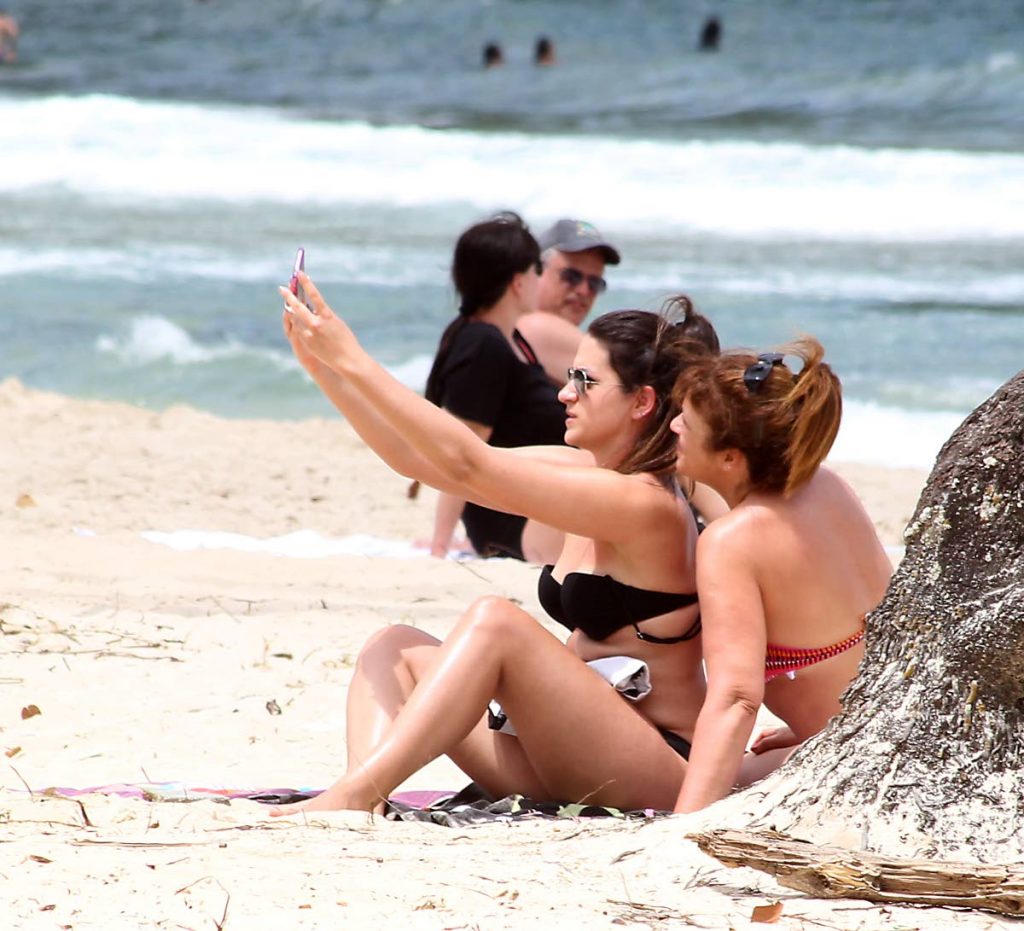Private sector key to SIDS' survival

Caribbean economies have been hit with a one-two punch: a public health crisis caused by the novel coronavirus (covid19) that has shut borders, sickened hundreds and strained healthcare infrastructure; and sharp, sudden economic contraction in key sectors like tourism and oil and gas, which are major contributors to GDP.
To prop them up, the Inter-American Development Bank (IDB) said in a webinar on March 20 it will commit at least US$500 million in funding and follow up with additional lines of credit in the coming days. But according to James Scriven, general manager of IDB Invest, the IDB’s private sector arm, there is a more comprehensive strategy afoot.
With good reason.
Apart from the coronavirus, these small island states face a broader set of vulnerabilities and a knockout blow to individual economies could just as easily come from threats like climate change – historically the region’s most formidable enemy.
As such, IDB Invest has grounded its strategy in long-term alliances, collaboration, and expanded lending to private sector partners in specific industries even as it works with member-country governments to treat with the immediate fallout of the covid19 pandemic. More money flowing to the private sector – not less – is how the bank believes the small developing nations of the Caribbean will survive the crisis.
“We’re an institution that has decided many years ago to give top priority to our Caribbean clients,” said Scriven, “We’ve developed the technical expertise to understand a number of sectors that are critically important to the Caribbean.”

As a major Caribbean export, tourism is at the top of that priority list. In places like the Bahamas, Barbados and Jamaica, where tourism is a major employer, the coronavirus quickly obliterated air and cruise arrivals, weakened exports, and caused extensive furloughs and layoffs.
Scriven said IDB Invest intends to work with financial institutions in these countries to provide loans to help tourism-related businesses get up and running as soon as possible.
“We have in the Caribbean some 30 clients which we plan to give specific facilities to be able to cope with the crisis we’re dealing with.”
IDB Invest will take a similar approach to opening up lines of credit for Caribbean businesses in manufacturing and agribusiness, in part, to reduce the region’s heavy dependence on food imports and capital goods.
According to Scriven, agribusiness has been a key focus area for years.
“That’s a sector we’ve developed expertise in and expanded our portfolio from zero to nearly ten per cent of our portfolio.”
Along those lines, the bank will also fund businesses that need to mitigate disruptions to trade and supply chains that connect the region to the rest of the global economy.
Across the board, there will be specific credit facilities for small and micro enterprises, which make up a significant part of Caribbean economies. That money, Scriven said, will also be channelled through local banks in the main.
But the increased private sector lending isn’t limited to small businesses. If its own worst-case economic forecasts prove accurate, covid19’s toll across the Caribbean as a whole could be severe. Scriven said the bank’s response will therefore include millions of dollars in loan facilities to sectors, such as telecommunications, which are often dominated by larger firms.
This is in keeping with earlier decisions to support infrastructure and technology upgrades throughout the region. Scriven said IDB Invest has traditionally put a huge emphasis on working with Caribbean governments to fund public and privately-held telecoms companies as it did in 2019 with Aliv in the Bahamas after Hurricane Dorian.
The bank is also betting that even if Caribbean nations manage to avoid high coronavirus infection and mortality rates, the lockdowns across the region will force many of them to fast track investments in nascent industries like fintech and e-education as more people work, learn and shop online.
Scriven said through its partner institutions, the IDB would offer credit lines for privately-owned businesses in these sectors. Digital payments technology is yet another key area.
All of this money for private sector businesses is in addition to the funding needed to address the immediate humanitarian problem caused by the coronavirus.
Scriven said IDB Invest plans to mobilise a separate tranche of money to treat with the health crisis.
“We are creating a very specific facility that is going to be approved by the board in the next ten days to earmark specific areas that are directly impacted,” said Scriven. “I’m talking about the health sector. I’m talking about the education sector. I’m talking about the pharma sector.”
He added that the responsibility for overcoming the covid19 challenges was not only a matter for governments.
“It is, in particular, in the hands of the private sector.”
It is too early to assess whether the strategy will have the intended impact. But IDB and IDB Invest remain critical sources of multilateral funding for Caribbean countries.
In 2018, IDB Invest reported a record US$4 billion in approved loans to member-countries in Latin America and the Caribbean. That sum is a fraction of what Caribbean countries need to achieve development goals. But Scriven says his organisation was committed to providing both technical expertise and advice together with private-sector funding.
“It’s important to know,” Scriven said, “we’re going to be putting our money where our mouth is.”


Comments
"Private sector key to SIDS’ survival"